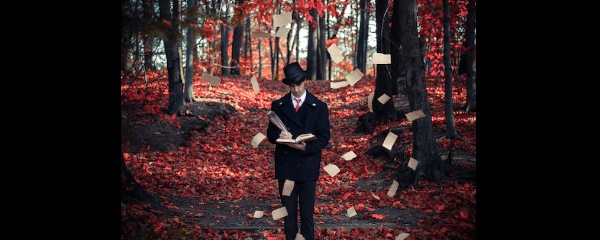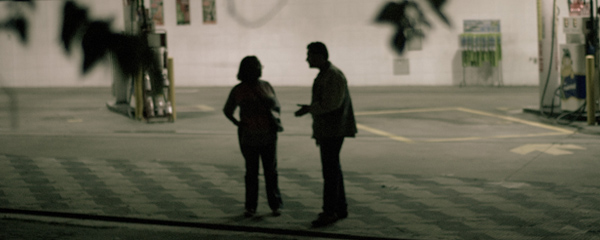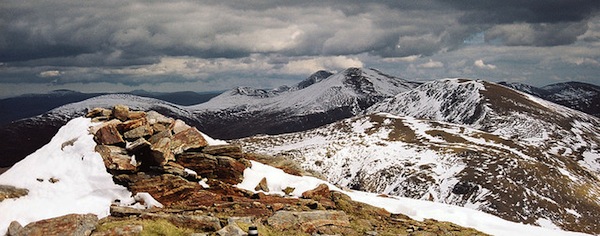
photo © Stu Smith, 2007
*
We are pleased to bring you Kate Clanchy’s foreword for the new publication Writing Short Stories, A Writers’ & Artists’ Companion,
edited by Courttia Newland and Tania Hershman.
~
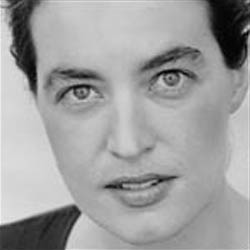 Kate Clanchy is a poet, author and journalist. She has been awarded both the BBC National Short Story Award, in 2009, and the V.S. Pritchett Memorial Prize. She is the author of the much acclaimed memoir Antigona and Me, and has also written extensively for BBC Radio 4. You can read Kate Clanchy’s ‘The Real Story‘ in THRESHOLDS’ story pages.
Kate Clanchy is a poet, author and journalist. She has been awarded both the BBC National Short Story Award, in 2009, and the V.S. Pritchett Memorial Prize. She is the author of the much acclaimed memoir Antigona and Me, and has also written extensively for BBC Radio 4. You can read Kate Clanchy’s ‘The Real Story‘ in THRESHOLDS’ story pages.
Foreword
by Kate Clanchy
When writers start writing, it is very often with the short story. It can seem the least daunting of forms: more modest than the novel; less formally demanding than the poem. It is a lovable shape, too: almost everyone has a short story they treasure, that seems to speak to them with special intimacy and directness. Then, too, stories are wonderfully flexible: they can equally well be detective mysteries, science fiction, modernist or entirely surreal; they can be told by anybody from a mute child to a garrulous ancient prophet; and they can be as highbrow as Lydia Davis and or as entertaining as Dashiell Hammett. And above all, for writers who have just discovered what amazingly hard work it is to keep a sentence, let alone a paragraph, in perfect order, short stories are short.
Short stories, though, are no sort of foothill. In fact – and I am writing this just as I finish my first collection – I think they are what the Scottish Munros are to the Swiss Alps – considerably smaller, but every bit as hard to climb. A poem, after all, can hold the new writer, as it held me when I set out to write, in its firm grip, giving ancient shapes to raw thoughts and impressions; novels, meanwhile, are baggier, more forgiving of the odd duff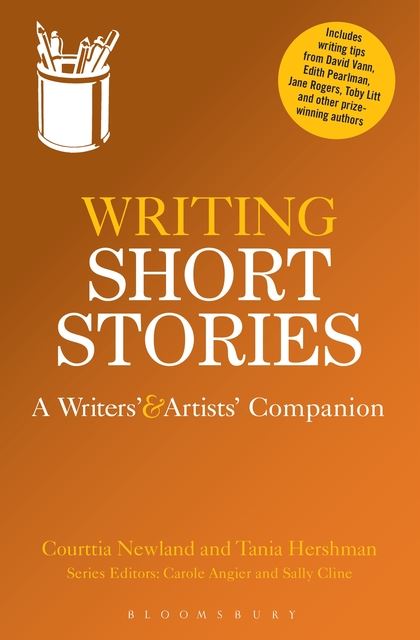 sentence or flag in the plot. The short story, in contrast, shines a harsh light on every word you write and neither gives you a shape nor forgives you for getting the shape wrong. It makes you, to paraphrase Hamlet, king of infinite space yet bounded in a nutshell, and sometimes, that can give you bad dreams. Or rather it can leave you floundering in the pit of anxiety which stopped you writing in the first place.
sentence or flag in the plot. The short story, in contrast, shines a harsh light on every word you write and neither gives you a shape nor forgives you for getting the shape wrong. It makes you, to paraphrase Hamlet, king of infinite space yet bounded in a nutshell, and sometimes, that can give you bad dreams. Or rather it can leave you floundering in the pit of anxiety which stopped you writing in the first place.
How to get out of that pit is something all writers have to learn, and constantly relearn. Probably the best cure is a writing course, with a tutor, fellow writers, and this book as a companion, resource and guide. But if no course is instantly available, Writing Short Stories can be all three.
Some of Britain’s most passionate writing teachers and practitioners of the short story have come together here to create a lively, personal and very practical guide to get you started and to keep you writing to that all-important ending. It will take you all the way to the top of your particular Munro, and show you how fabulous the view can be from here – on a fine day, every bit as good as Mont Blanc. And then set you off on the next climb. You might even find you write a book-full.
~
Writing Short Stories: A Writers’ and Artists’ Companion is an essential guide to writing short fiction successfully. PART 1 explores the nature and history of the form, personal reflections by the editors, and help getting started with ideas, planning and research. PART 2 includes tips by leading short story writers, including Alison Moore, Jane Rogers, Edith Pearlman, David Vann, Vanessa Gebbie, and Alexander MacLeod. PART 3 contains practical advice — from shaping plots and exploring your characters to beating writers’ block, rewriting and publishing your stories.
~
With thanks to the author and Bloomsbury Publishing
for allowing us to reprint this foreword.
